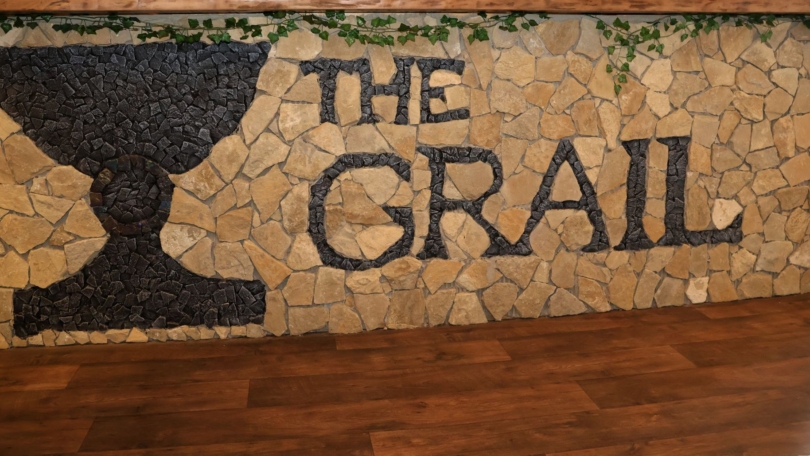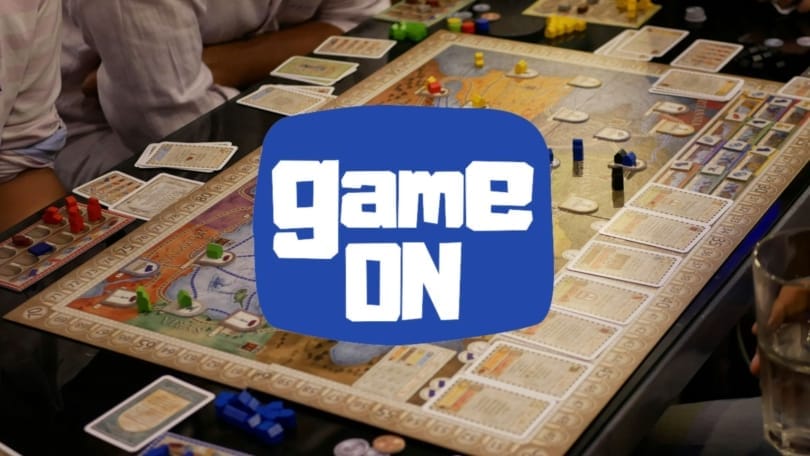Classic board games have been a source of entertainment for generations, providing fun, strategy, and social interaction. Whether it’s a game of skill, negotiation, deduction, or wordplay, these timeless favourites continue to bring people together. In this blog, we explore four of the most popular classic board games—Chess, Monopoly, Scrabble, and Cluedo—looking at their origins, why they remain beloved, and the benefits they offer.
CHESS – The Ultimate Classic Board Game of Strategy
Chess is a two-player strategy game where each player controls an army of 16 pieces, aiming to checkmate the opponent’s king. With its deep tactical gameplay, every move requires careful planning, making it one of the most intellectually stimulating classic board games.
Chess has a rich history dating back to the 6th century, originating in India as Chaturanga, a game that simulated military strategies. It spread through Persia and later into Europe, evolving into the modern version we play today. By the 19th century, chess tournaments became popular, and in the 20th century, international championships cemented its status as a competitive sport.
Despite being centuries old, chess remains a widely played classic board game due to its perfect balance of strategy and skill. The rise of online chess platforms has further boosted its popularity, making it accessible to players of all ages and skill levels worldwide.
Chess Skills and Benefits
- Improves problem-solving and strategic thinking
- Enhances memory and cognitive skills
- Teaches patience and long-term planning
- Encourages logical decision-making
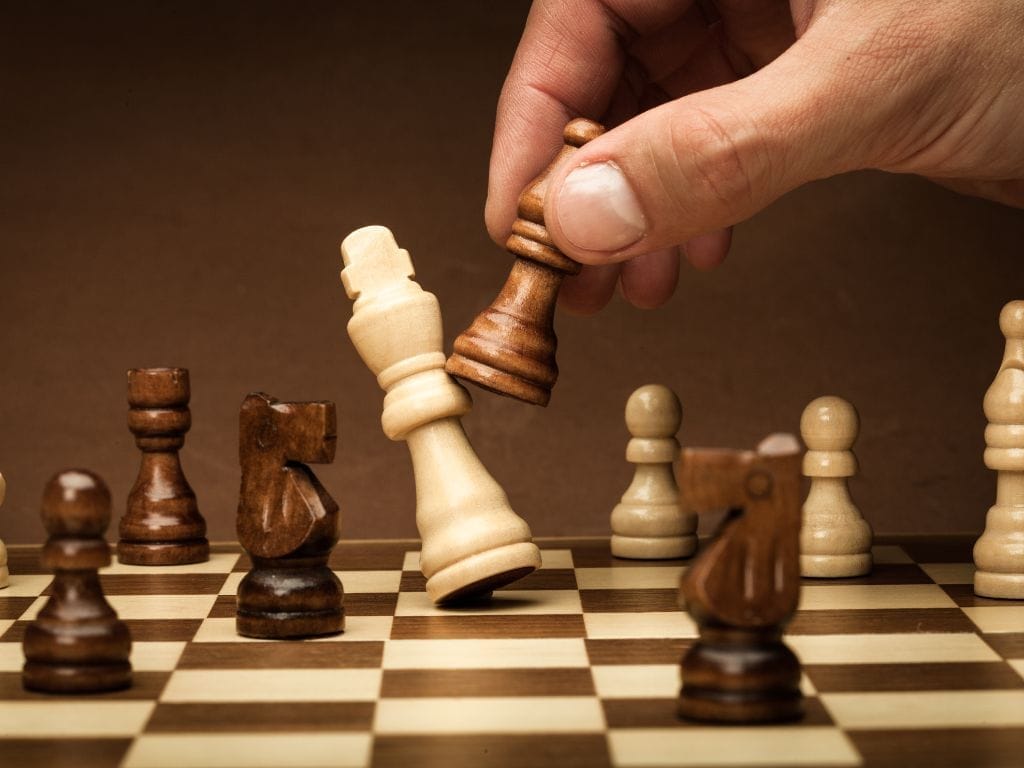
MONOPOLY - The Iconic Classic Board Game of Property Trading
Monopoly is a competitive board game where players buy, sell, and trade properties, aiming to bankrupt their opponents while amassing wealth. It combines financial management with negotiation, making each round both strategic and unpredictable.
The roots of Monopoly trace back to The Landlord’s Game, created by Elizabeth Magie in 1903 to demonstrate the effects of land ownership and taxation. Parker Brothers acquired and refined it in 1935, launching Monopoly as we know it today. Over the decades, special editions, themed versions, and digital adaptations have kept the game fresh and engaging.
Monopoly remains one of the best-selling classic board games because of its mix of strategy, luck, and social interaction. Family game nights and friendly rivalries over property deals ensure its enduring appeal. Whether playing the traditional board game or an online version, Monopoly’s blend of competition and financial decision-making makes it a timeless favourite.
Monopoly Skills and Benefits
- Encourages financial literacy and money management
- Develops negotiation and strategic thinking skills
- Teaches patience and risk assessment
- Promotes social interaction and friendly competition
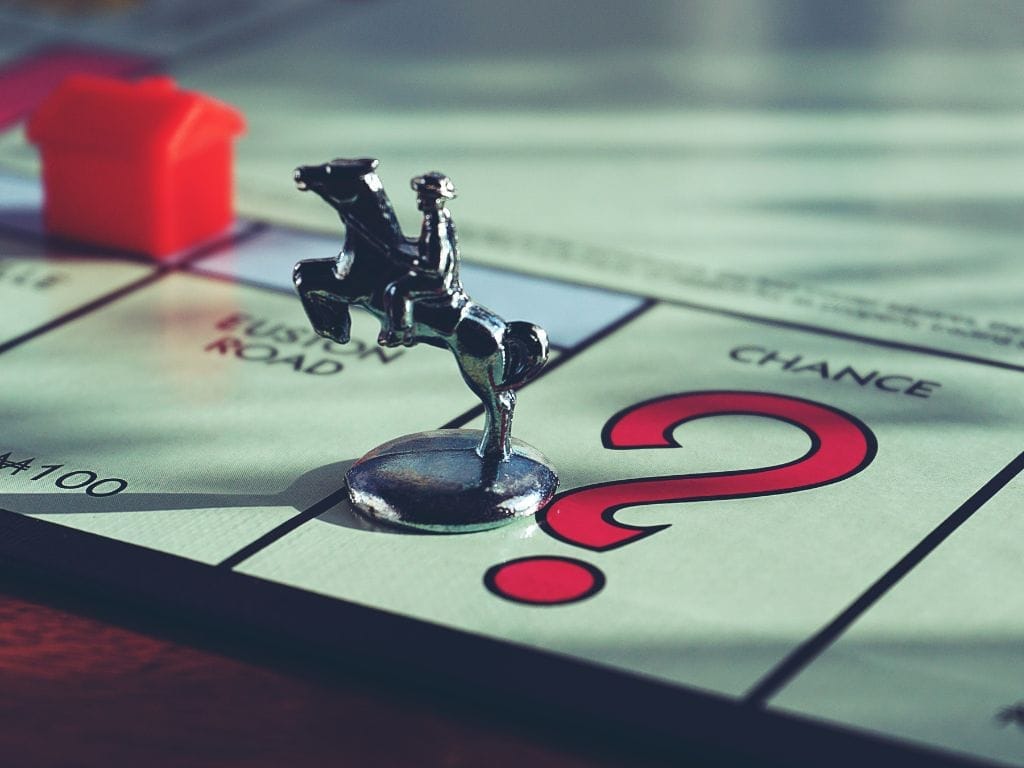
SCRABBLE – The Classic Board Game for Word Lovers
Scrabble is a word game in which players use letter tiles to form words on a grid, scoring points based on word length and letter value. The challenge lies in finding high-scoring words while strategically placing tiles to maximise points.
Scrabble was invented in 1938 by American architect Alfred Butts, who combined elements of anagramming and crossword puzzles to create a new type of word game. Initially called Lexiko and later Criss-Crosswords, it was rebranded as Scrabble in 1948 and became a commercial success.
One of the reasons Scrabble remains a favourite among classic board games is its ability to entertain while improving language skills. Competitive Scrabble tournaments and online versions have expanded its reach, allowing players to challenge opponents globally.
Scrabble Skills and Benefits
- Expands vocabulary and improves spelling
- Enhances cognitive and analytical skills
- Encourages strategic thinking and planning
- Boosts memory and word recall abilities
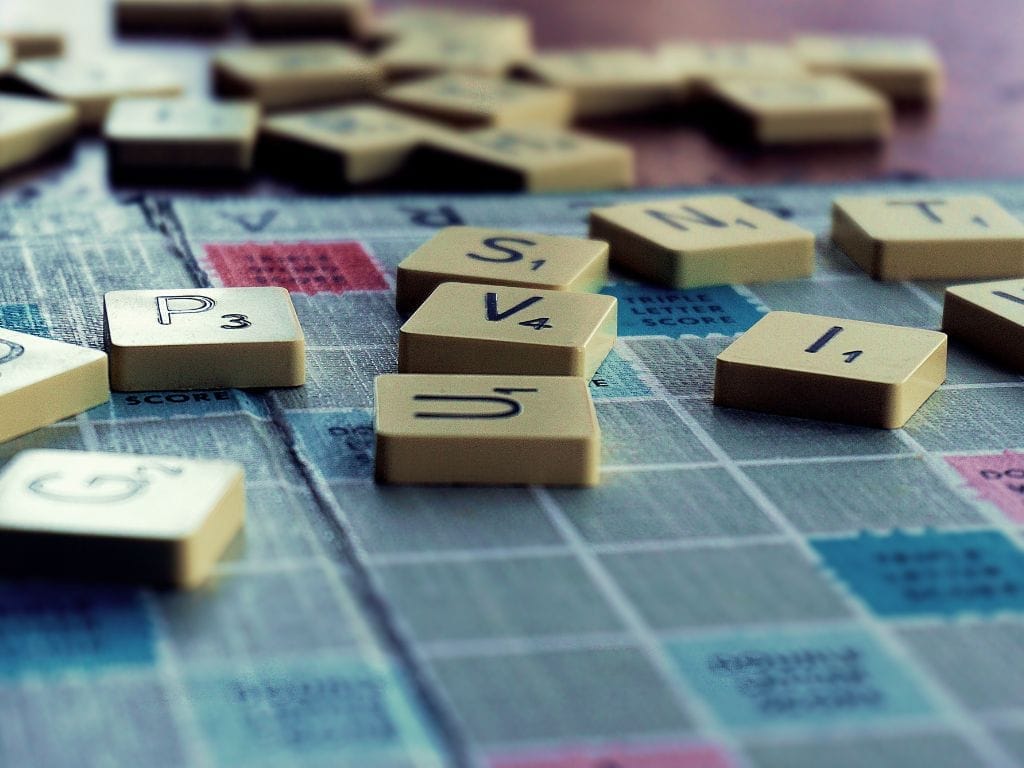
CLUEDO – The Classic Board Game of Mystery and Deduction
Cluedo is a detective-themed board game where players must solve a murder mystery by determining the culprit, weapon, and crime scene. Each turn, they gather clues and eliminate possibilities to deduce the correct solution before their opponents.
Created by British musician Anthony Pratt in 1943, Cluedo was inspired by the classic “whodunit” murder mysteries popular in the early 20th century. The game was released by Waddingtons in 1949 and later licensed by Parker Brothers in the U.S. under the name Clue.
Cluedo’s immersive gameplay and suspenseful storytelling have made it one of the most popular classic board games. Its evolving editions, including modern versions with new characters and settings, continue to attract new players. The game’s popularity has also extended to books, movies, and video games.
Cluedo Skills and Benefits
- Enhances logical thinking and deductive reasoning
- Encourages problem-solving and attention to detail
- Develops social interaction and observational skills
- Provides an engaging and mentally stimulating challenge
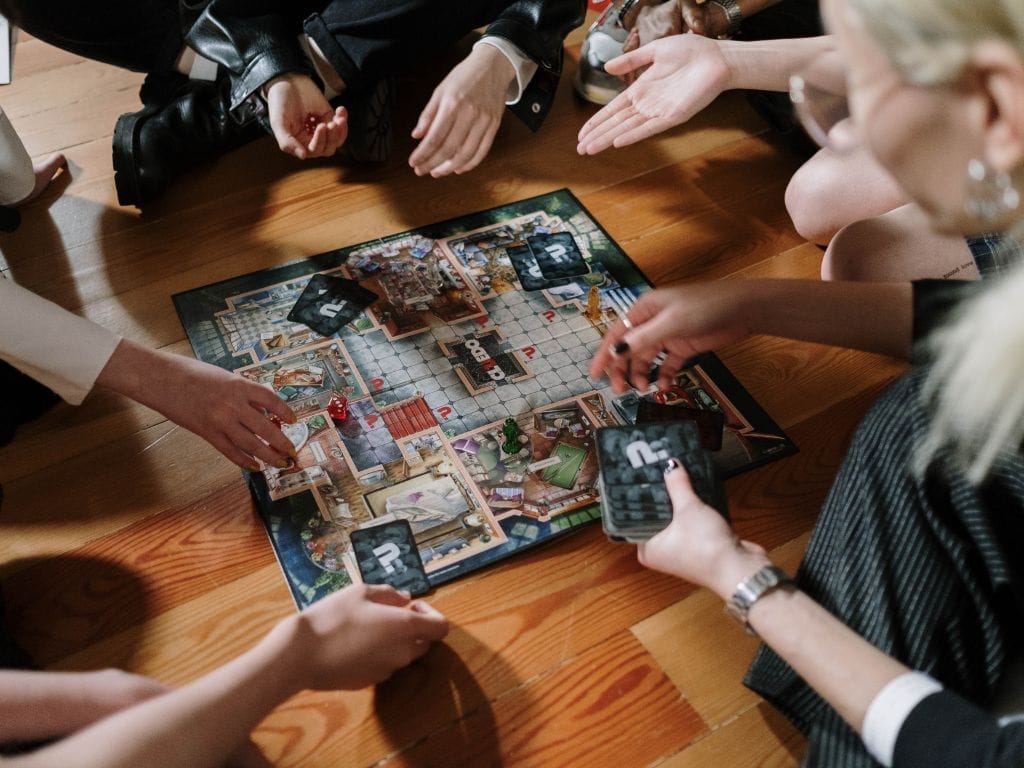
Why Classic Board Games Will Always Be Popular
Classic board games continue to thrive because they offer timeless entertainment and meaningful social interactions. Unlike digital games, they bring people together, encouraging face-to-face engagement, strategy, and creativity. Whether playing a game of wits in chess, negotiating deals in Monopoly, testing word skills in Scrabble, or solving a mystery in Cluedo, these games provide lasting enjoyment.
With the rise of digital versions and online multiplayer modes, classic board games have evolved to reach even larger audiences. Yet, their traditional tabletop versions remain a cherished part of game nights, fostering connection, learning, and fun.
If you haven’t played these classic board games in a while, now is the perfect time to revisit them. Gather your friends and family, set up a board, and rediscover the joy of these timeless favourites!


